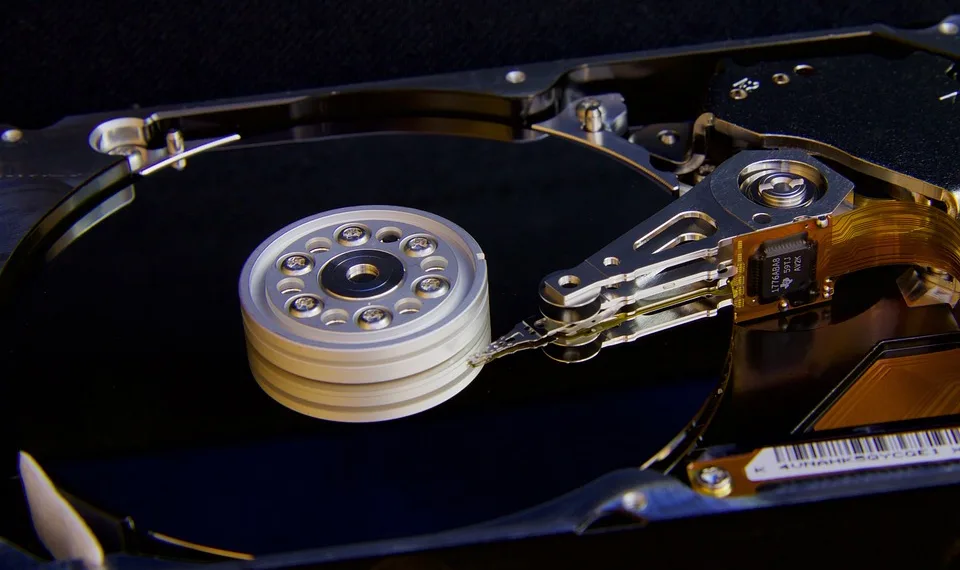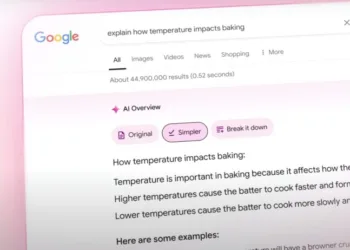As technology continually evolves, many of us find ourselves faced with the dilemma of what to do with our old television sets. While it may seem straightforward to dispose of them, a variety of factors complicate the process. Let’s explore why getting rid of an old TV can be such a challenge.
The Environmental Impact
When disposing of an old television, the environmental considerations can be significant.
Harmful Materials
Many older TVs, especially CRT models, contain hazardous substances that require careful handling:
- Lead: Found in cathode ray tubes, lead poses health risks if not disposed of properly.
- Cadmium: Present in some circuit boards and batteries, cadmium can contaminate soil and water.
- Brominated flame retardants: These chemicals can leach into the environment and are linked to various health concerns.
E-Waste Growth
The surge in electronic waste (e-waste) is a growing global issue. In the United States alone, millions of tons of e-waste are generated each year, making responsible disposal vital. With aging TVs contributing to this problem, the challenge intensifies.
Lack of Convenient Disposal Options
Many consumers find themselves frustrated with the limited disposal options available for old TVs.
Local Regulations
Different cities and states have varying rules regarding TV disposal:
- Some areas have strict bans on placing electronics in regular trash.
- Others offer recycling events or designated drop-off locations, but these may not be convenient.
Collection Fees
Some recycling programs might charge fees, making it costly to dispose of an old television. This can deter individuals from seeking responsible methods of disposal, leading to discarded devices ending up in landfills.
The Emotional Attachment
For many, a television is more than just an appliance; it can hold sentimental value.
Memories Associated with the TV
- Family Gatherings: Watching favorite shows as a family can create lasting memories.
- Milestones: Celebrations like game nights or movie marathons often revolve around the TV.
This emotional connection can make the decision to part ways with an old set more difficult than it seems.
Concerns About Upgrading
People may also worry about upgrading to new technology, unsure if they’ll enjoy it as much as their old, trusty television. This hesitation can prolong the process of letting go.
The Market for Old TVs
Surprisingly, there may be potential avenues to explore for old TVs, even if they’re outdated.
Resale and Donation Opportunities
While it might seem counterintuitive, there are individuals and organizations interested in older TVs:
- Charitable organizations: Some might accept donations, especially if the TV is still functional.
- Online marketplaces: Websites like Craigslist or Facebook Marketplace can be used to list old TVs for sale at low prices.
Vintage Appeal
Retro televisions are experiencing newfound popularity. Some collectors actively seek out older models for nostalgia or style. This trend can create opportunities for those looking to sell their old sets.
Conclusion
The complexities of disposing of an old TV stem from a blend of environmental concerns, convenience, emotional factors, and potential market opportunities. Understanding these challenges can help individuals navigate the process more effectively while contributing positively to environmental sustainability. Whether opting for recycling, resale, or donation, each choice plays a part in addressing the larger issue of e-waste.










